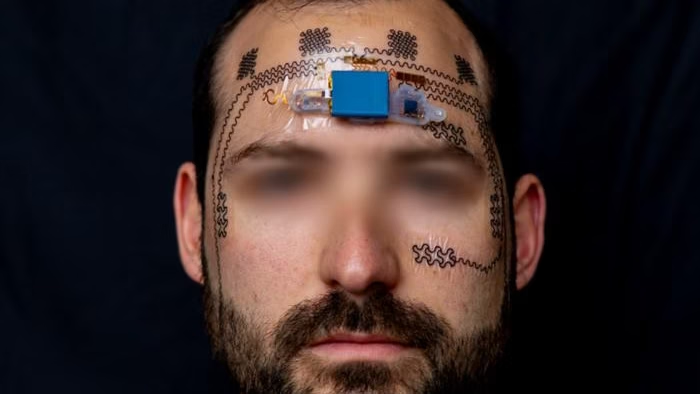Stanford University researchers discover fibre generates short-chain fatty acids via the gut microbiome, producing epigenetic modifications in cells.
From Stanford Medicine 12/01/25 (first released 09/01/25)

Fiber is well known to be an important part of a healthy diet, yet less than 10% of Americans eat the minimum recommended amount.
A new study from Stanford Medicine might finally convince us to fill our plates with beans, nuts, cruciferous veggies, avocados and other fiber-rich foods.
The research, which will be published in Nature Metabolism on Jan. 9 identified the direct epigenetic effects of two common byproducts of fiber digestion and found that some of the alterations in gene expression had anti-cancer actions.
When we eat fiber, the gut microbiome produces short-chain fatty acids.
These compounds are more than just an energy source for us: They have long been suspected to indirectly affect gene function.
The researchers traced how the two most common short-chain fatty acids in our gut, propionate and butyrate, altered gene expression in healthy human cells, in treated and untreated human colon cancer cells, and in mouse intestines.
They found direct epigenetic changes at specific genes that regulate cell proliferation and differentiation, along with apoptosis, or pre-programmed cell death processes — all of which are important for disrupting or controlling the unchecked cell growth that underlies cancer.
“We found a direct link between eating fiber and modulation of gene function that has anti-cancer effects, and we think this is likely a global mechanism because the short-chain fatty acids that result from fiber digestion can travel all over the body,” said Michael Snyder, PhD, Stanford W. Ascherman, MD, FACS Professor in Genetics.
“It is generally the case that people’s diet is very fiber poor, and that means their microbiome is not being fed properly and cannot make as many short-chain fatty acids as it should.”
“This is not doing our health any favors.”
Given the worrying rates of colon cancer in younger adults, the study findings could also spur conversation and research about the possible synergistic effects of diet and cancer treatment.
“By identifying the gene targets of these important molecules we can understand how fiber exerts its beneficial effects and what goes wrong during cancer,” Snyder added.
More info
You may also be curious about:
-

Oxford physicists recreate extreme quantum vacuum effects in simulation
-

Tiny device spins blood clots away
-

Skin bacteria help protect us from sunlight
-

New brain-reading video game reduces chronic nerve pain
-

Black tea and berries could contribute to healthier aging
-

Viral mouth-taping trend ‘sus’ says Canadian sleep expert
-

New sodium fuel cell could enable electric aviation
-

The most extreme solar storm hit Earth over 14,000 years ago, scientists identify
-

Electronic face tattoo gauges mental strain
-

Solitonic superfluorescence paves way for ambient temp quantum computing
-

Cosmic mystery deepens as astronomers find object flashing in both radio waves and X-rays
-

The rotors are also the wheels on this morphobot
